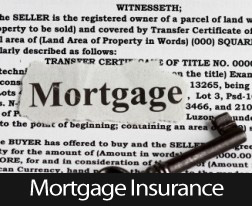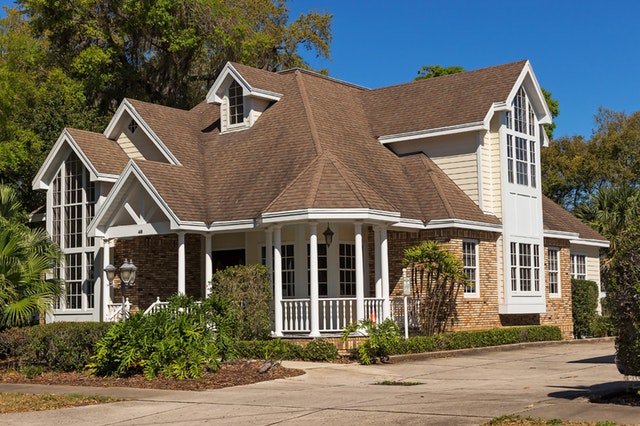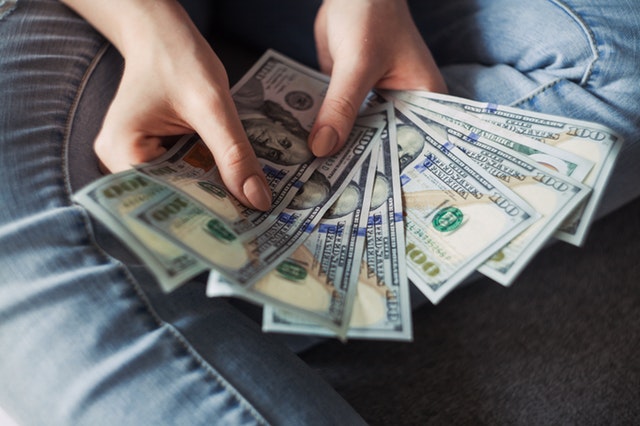What Is Mortgage Insurance?
 When it comes to putting a down payment on a house, most lenders are going to ask for 20 percent; however, some lenders will be willing to accept a smaller down payment in exchange for something else.
When it comes to putting a down payment on a house, most lenders are going to ask for 20 percent; however, some lenders will be willing to accept a smaller down payment in exchange for something else.
That something else is usually mortgage insurance. If a lender says they are asking for mortgage insurance, which is also shortened to PMI, it is important for everyone to know what this means.
An Overview Of PMI
PMI stands for private mortgage insurance and is usually required if the borrower is putting down less than 20 percent. The lender will usually go out and find private mortgage insurance before shifting the premium for the insurance policy to the borrower.
Usually, PMI is included with the rest of the mortgage payment. The lender will take the portion of the mortgage payment that makes up the PMI and shift this into an escrow account. Then, the lender will simply move this out of the escrow account to the insurance company to cover the cost of the policy. This is the most common type of mortgage insurance.
What Is The Cost Of Mortgage Insurance?
The cost of PMI is going to depend on a number of different factors. Some of the factors include:
- The amount of the down payment
- The person’s credit score
- The type of mortgage the borrower takes out
- How long the mortgage is supposed to last
In general, the larger the down payment and the higher the credit score, the lower the mortgage insurance is going to cost. It is also important for people to note that mortgage insurance is not going to last for the length of the mortgage. As a whole, most PMI policies will be phased out once the amount of equity in the home reaches 20 percent of the home’s value. Then, the PMI will usually be waived.
The Purpose Of Mortgage Insurance
Some people might be wondering why they need to purchase PMI at all. This is an insurance policy that is meant to protect the lender against the risk of the borrower defaulting. If the borrower is able to convince the lender that their risk of default is low, they might be able to avoid being asked for PMI.

 Buying a home for the first time can be a challenge. One of the tools created to help people buy a home for the first time comes in the form of FHA loans. There were loans that were supported by the Federal Housing Administration (FHA). They can require a down payment that is as low as 3.5 percent.
Buying a home for the first time can be a challenge. One of the tools created to help people buy a home for the first time comes in the form of FHA loans. There were loans that were supported by the Federal Housing Administration (FHA). They can require a down payment that is as low as 3.5 percent.  There are a lot of steps that people need to take when buying a home. One of the most common issues that people discuss is the down payment. Most banks will require a down payment so that they aren’t the only ones taking on the risk of buying a home. The common question people have is how much of a down payment they should apply.
There are a lot of steps that people need to take when buying a home. One of the most common issues that people discuss is the down payment. Most banks will require a down payment so that they aren’t the only ones taking on the risk of buying a home. The common question people have is how much of a down payment they should apply.